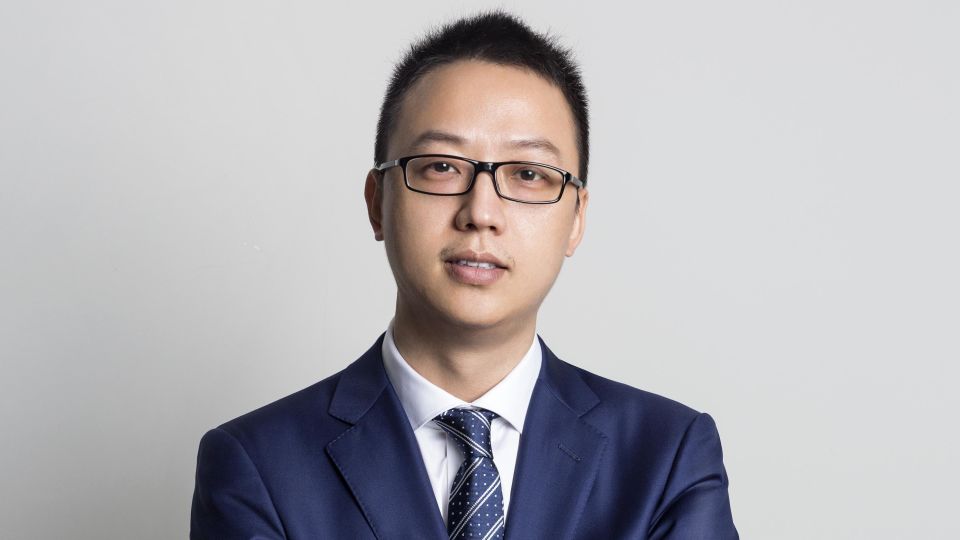|
Getting your Trinity Audio player ready...
|
Alibaba Group, the e-commerce and cloud computing giant, is gearing up for a transformative journey under the leadership of its new CEO, Eddie Wu. In a memo to staff on Tuesday, Wu announced a strategic shift towards embracing artificial intelligence (AI) and promoting younger talent to senior management positions, marking a pivotal moment in the company’s history.
Eddie Wu, who assumed the role of CEO last Sunday, took the reins from Daniel Zhang, becoming the fourth CEO in Alibaba’s illustrious 24-year history. Wu also stepped in as the head of the cloud division following Zhang’s unexpected departure from the unit.
In his memo, Wu outlined his long-term vision for the company, emphasizing the need to discover new avenues of growth in the face of a challenging economic landscape and mounting competition from rivals. He articulated two central strategic pillars for Alibaba’s future: “User First” and “AI-driven.”
“Looking forward, Alibaba’s two main strategic focuses will be user First’ and ‘AI-driven,'” Wu stated. “We will recalibrate our operations around these two core strategies and reshape our business priorities.”
Wu underscored the pivotal role of AI, predicting it as the “most significant change agent” in the coming decade, capable of disrupting industries across the board. He cautioned that failing to keep pace with the changes brought about by the AI era could lead to displacement.
This strategic revelation aligns with Alibaba’s most extensive restructuring effort to date, as previously outlined in a plan unveiled in March. The company is set to divide into six distinct units, spanning cloud computing, e-commerce, logistics, media, and entertainment. Each unit will be headed by its CEO and board of directors, with the option to explore separate listings or fundraising opportunities.
In addition to these internal changes, Alibaba faces a challenging business landscape. China’s economic growth is slowing, resulting in cautious consumer spending. E-commerce players like Alibaba are under pressure to offer deeper discounts to attract customers.
Furthermore, the company faces formidable competition from major online rivals, including Pinduoduo and Douyin, a short video app owned by Bytedance that boasts a robust live shopping segment.
Reflecting on Alibaba’s remarkable growth over the past 24 years, Wu acknowledged that the company had thrived by “riding the trend of internet technology.” However, he emphasized the urgent need for transformation as traditional internet models become increasingly homogeneous, and AI emerges as the driving force behind global business growth.
In a move to infuse fresh energy and ideas into the leadership team, Alibaba intends to promote individuals born after 1985 to constitute “the core of its business management team” within the next four years, according to Wu.
Alibaba’s strategy also involves reinforcing investments in three key areas: technology-driven internet platforms, AI-powered tech ventures, and global commerce networks. Additionally, the company aims to foster “open and collaborative relationships,” even with entities traditionally considered competitors.
This strategic shift by Alibaba mirrors a broader global trend among top technology firms, including Google, Amazon, and Microsoft, who have increasingly focused on AI, particularly in light of the recent breakthroughs in AI technology exemplified by innovations like ChatGPT, which garnered global attention last year.
Alibaba’s bold vision and restructuring efforts under Eddie Wu’s leadership signal a determined commitment to navigate the evolving technology landscape and continue its legacy as a pioneering force in the digital world. As Alibaba embraces AI and welcomes a new generation of leaders, it sets the stage for an exciting chapter in the company’s history.



